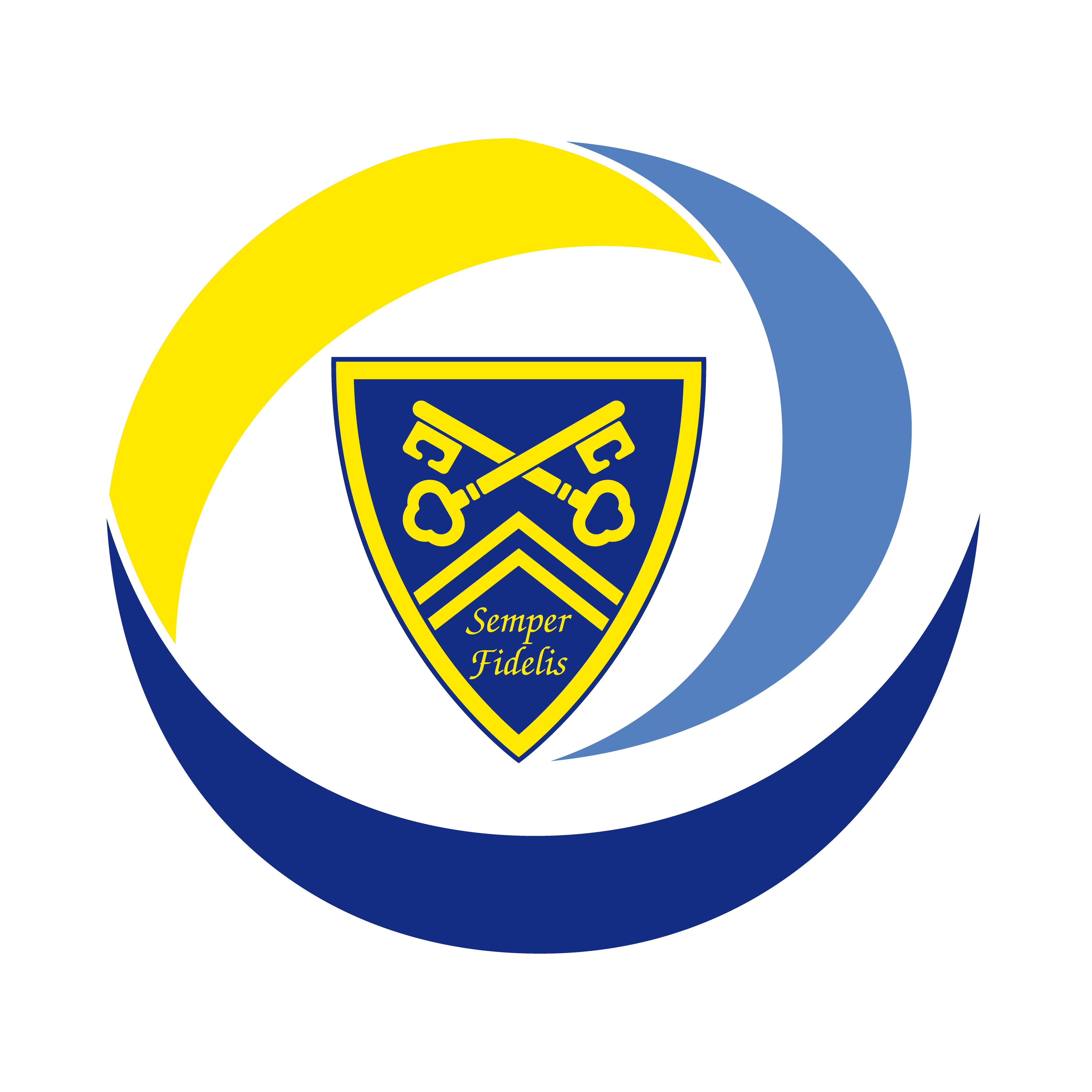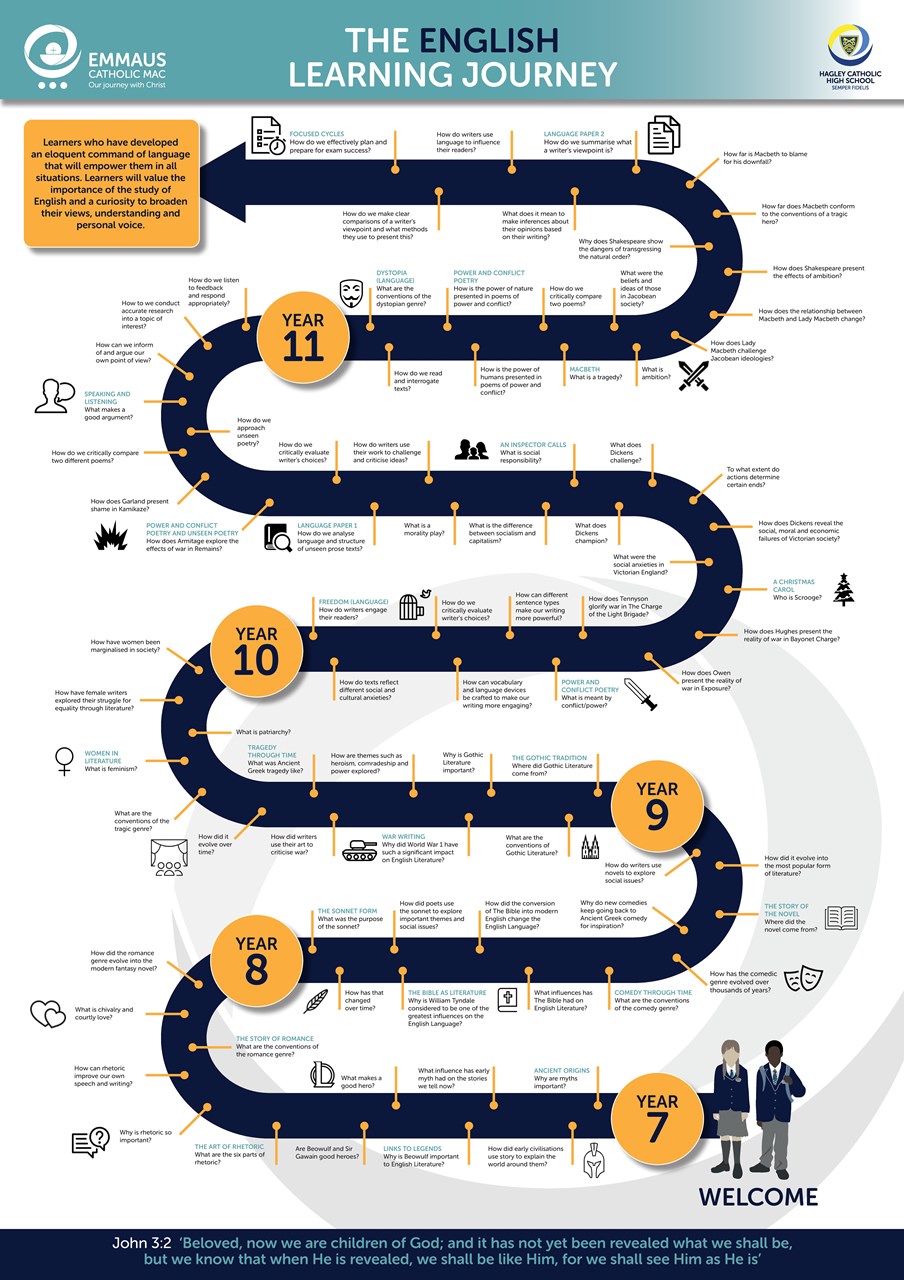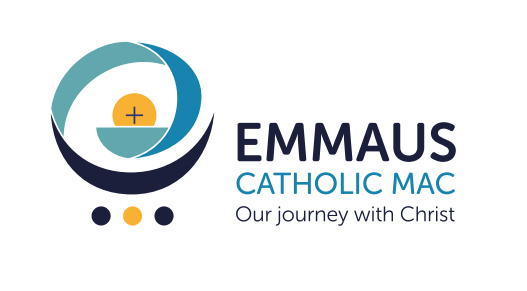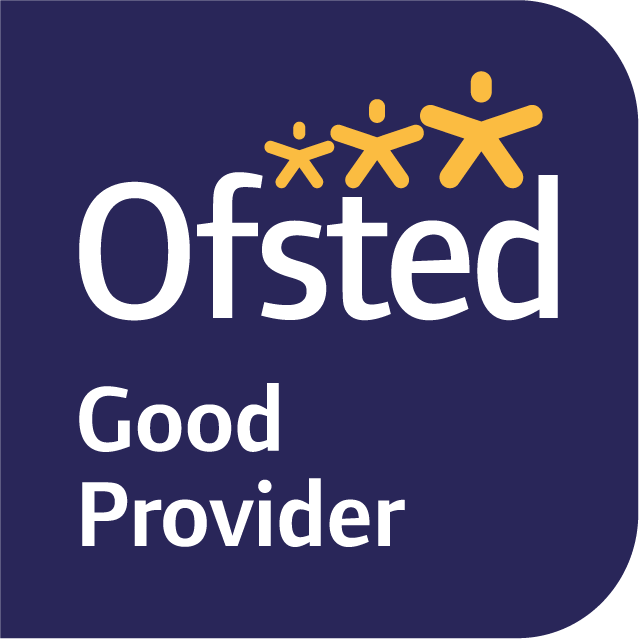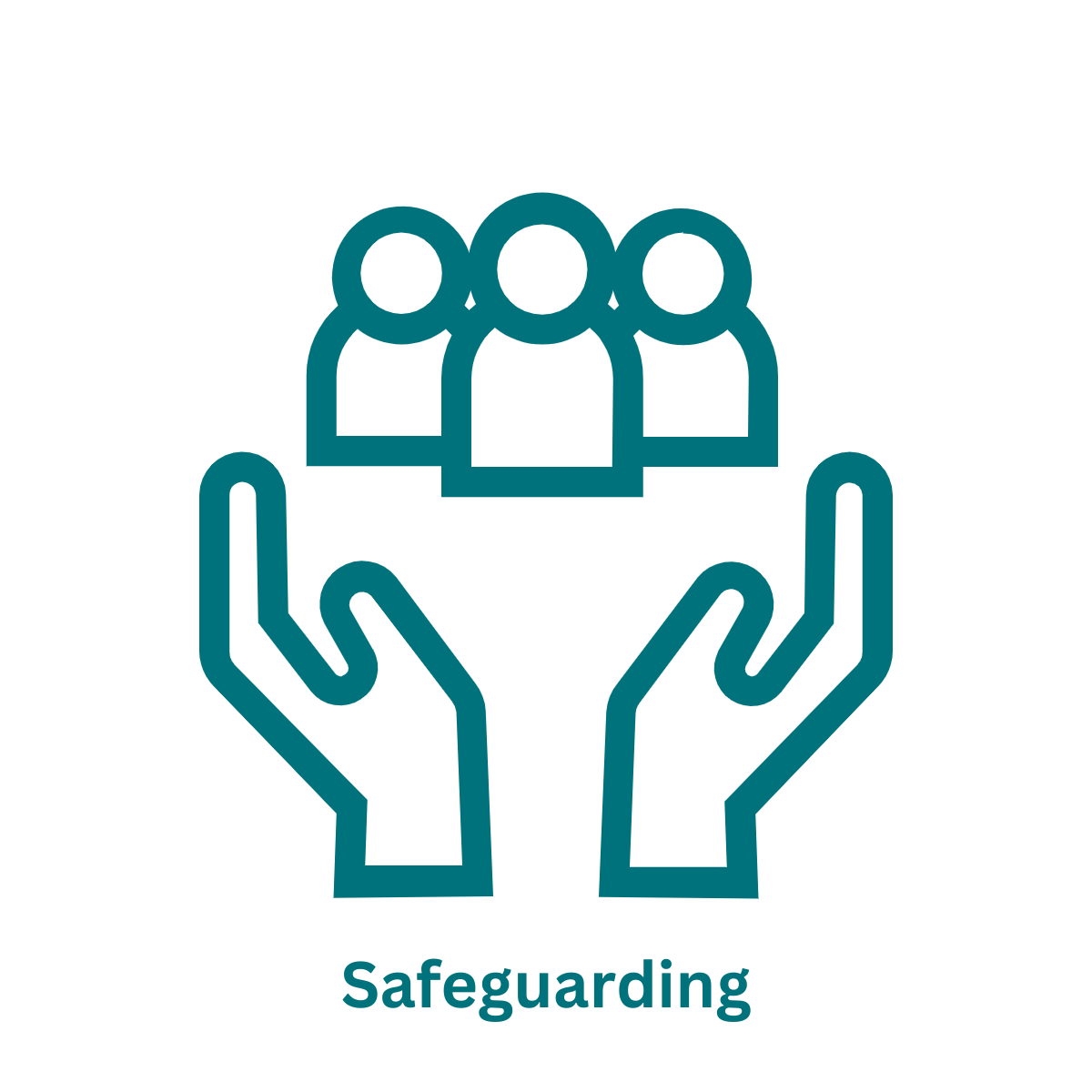Our English Department
All pupils and students at Hagley Catholic High School follow a taught course of English. The Department is made up by ten specialist teachers who are fully committed to the education of the students:
- Mrs E Barrett - Subject Leader of English ebarrett@emmausmac.com
- Miss R Mason - Assistant Subject Leader of English with responsibility for KS3 and A level English Literature - rmason@emmausmac.com
- Mrs L Clements - Assistant Subject Leader of English with responsibility for KS4 and A Level Language - lclements@emmausmac.com
- Miss B Arnott - Teacher of English with responsibility for the Extended Project Qualification - barnott@emmausmac.com
- Miss E Haigh - Teacher of English with responsibility for whole-school literacy - ehaigh@emmausmac.com
- Mrs K Morris - Vice Principal and Teacher of English - kmorris@emmausmac.com
- Mrs M Aitken-Lomax - Teacher of English - mlomax@emmausmac.com
- Mrs R Winters - Teacher of English and Head of Year 9 - rwinters@emmausmac.com
- Mrs S Bunn - Teacher of English and Head of Year 10 - sbunn@emmausmac.com
Curriculum Aims
We want our students to leave school with an understanding and appreciation for the written and spoken word; how it can be used to influence, inspire, critique, and reflect the world they live in. We want them to value their literary heritage: to recognise how the texts they experience today are the culmination of thousands of years of storytelling evolution. Alongside this, we want our students to leave school confident in their own reading, writing and oracy skills, able to communicate and articulate themselves effectively across different contexts. We understand the importance of reading and writing as ways of engaging with the world, in terms of sharing personal daily experiences and utilising language in the workplace and wider society. The English Department seeks to empower learners to be able to skilfully navigate the English language in a multitude of contexts.
Useful links
KS3
BBC Bitesize: https://www.bbc.co.uk/education/subjects/z3kw2hv
Education quizzes: http://www.educationquizzes.com/ks3/english/
Suggested reading list for Year 9 pupils: https://schoolreadinglist.co.uk/reading-lists-for-ks3-pupils/suggested-reading-list-for-year-9-pupils-ks3-age-13-14/
Suggested reading list for Year 8 pupils: https://schoolreadinglist.co.uk/reading-lists-for-ks3-pupils/suggested-reading-list-for-year-8-pupils-ks3-age-12-13/
Suggested reading list for Year 7 Pupils: https://schoolreadinglist.co.uk/reading-lists-for-ks3-pupils/suggested-reading-list-for-year-7-pupils-ks2-age-11-12/
GCSE
BBC Bitesize Literature: https://www.bbc.co.uk/education/examspecs/zxqncwx
Sparknotes: www.sparknotes.com
Shmoop: www.shmoop.com
Lit Charts: www.litcharts.com
A Level Literature
British Library ‘Discovering Literature’: https://www.bl.uk/discovering-literature
Sparknotes: www.sparknotes.com
Shmoop: www.shmoop.com
Lit Charts: www.litcharts.com
A Level Language
English Language Blog: http://englishlangsfx.blogspot.co.uk/
Here's some links to resources for A Level Language: https://www.dropbox.com/sh/c2opkala3zi3bgs/AABjUNpErbnVjsYyPPGP_w3ma?dl=0
